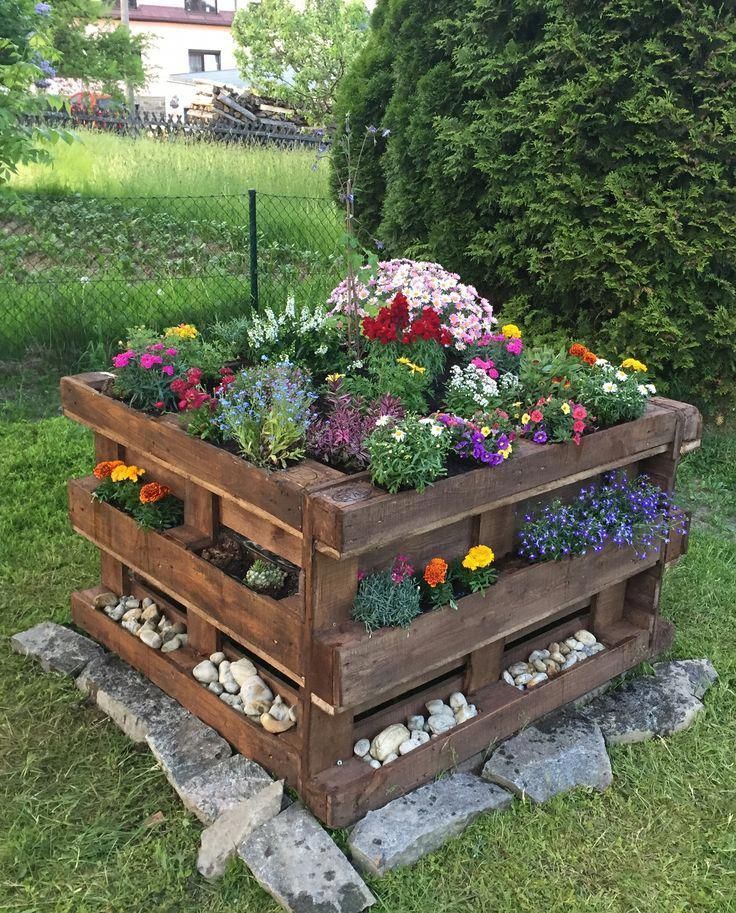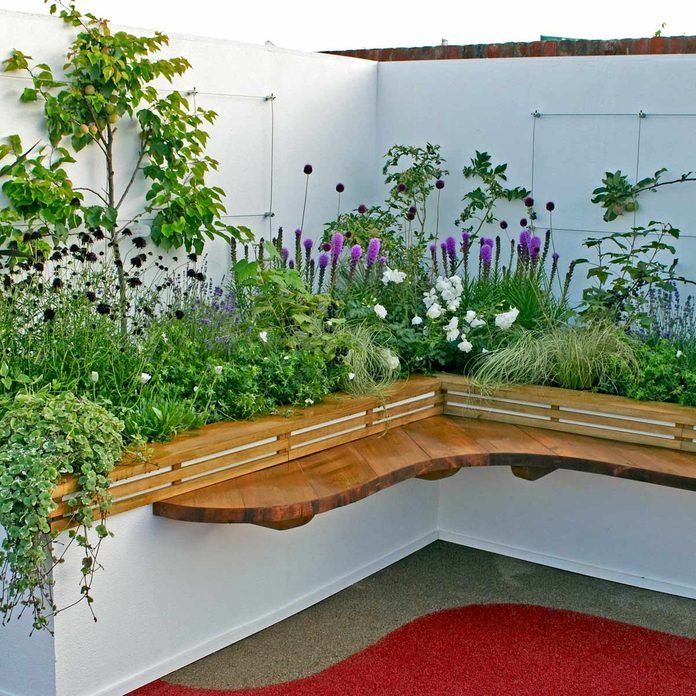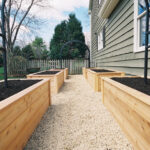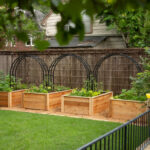Raised flower beds are becoming an increasingly popular option for gardeners looking to add a touch of beauty and functionality to their outdoor spaces. These elevated planters offer numerous benefits, from improved drainage and soil control to easier access and more efficient gardening.
One of the primary advantages of raised flower beds is their superior drainage capabilities. By lifting the soil and plants off the ground, excess water can easily drain away, preventing waterlogged roots and soil compaction. This can help to prevent the development of root rot and other moisture-related issues, ultimately leading to healthier and more vibrant flowers.
In addition to better drainage, raised flower beds also offer improved soil control. Gardeners can choose the exact type of soil they want to use, ensuring optimal growing conditions for their plants. This can be particularly beneficial for those with poor soil quality or drainage issues in their yard.
Another benefit of raised flower beds is the ease of access they provide. These elevated planters are typically waist-high, making it easier for gardeners to tend to their plants without having to bend or kneel. This can be especially helpful for those with physical limitations or mobility issues, allowing them to continue gardening with ease.
Raised flower beds also offer better pest control compared to traditional ground-level beds. By elevating the plants, gardeners can more easily spot and remove pests such as snails and slugs. Additionally, the elevated height can deter larger pests like rabbits and deer, helping to protect delicate flowers from being eaten or trampled.
Finally, raised flower beds can result in more efficient gardening practices. The compact size of these planters makes it easier to organize and maintain a garden, reducing the risk of overcrowding or neglecting certain plants. This can lead to healthier and more productive flowers, ultimately creating a more visually stunning and enjoyable outdoor space.
 yishifashion Where Outdoor Dreams Become Reality
yishifashion Where Outdoor Dreams Become Reality

















